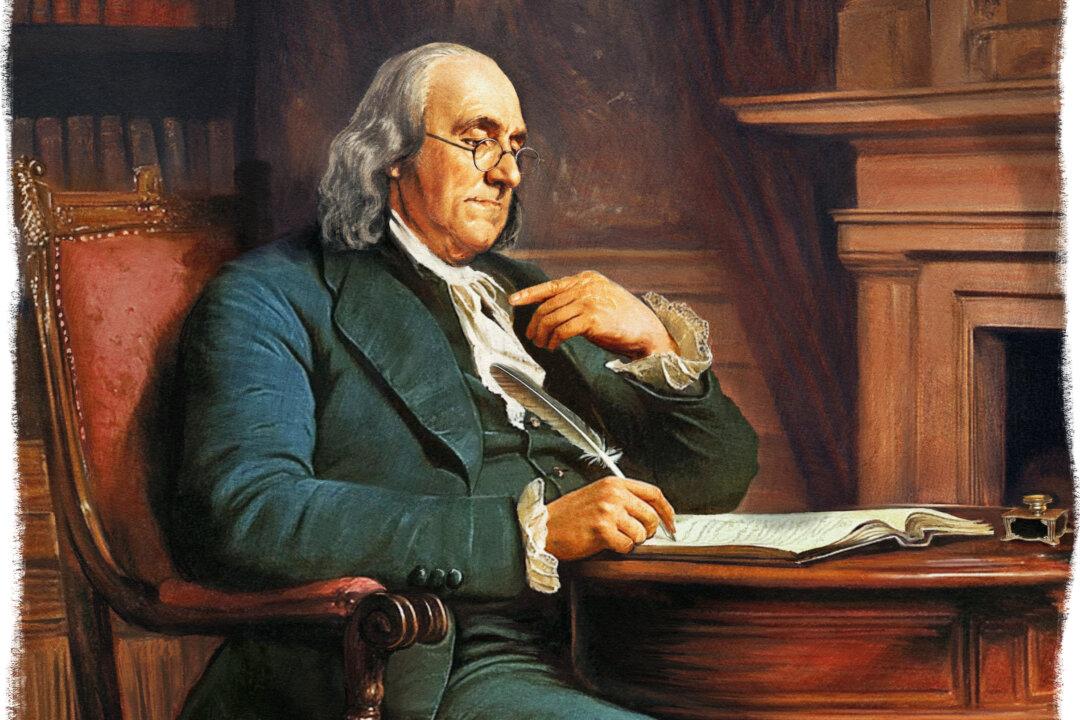With 2025 just around the corner, many of us are contemplating a New Year’s Resolution or two.
Some will qualify their resolutions, as in “I’ll diet during the week but eat what I want on the weekends” or “I’ll give up cigarettes and take up vaping.” The first stanza of Rudyard Kipling’s “New Year’s Resolutions” perfectly captures this allowance for wiggle room:






